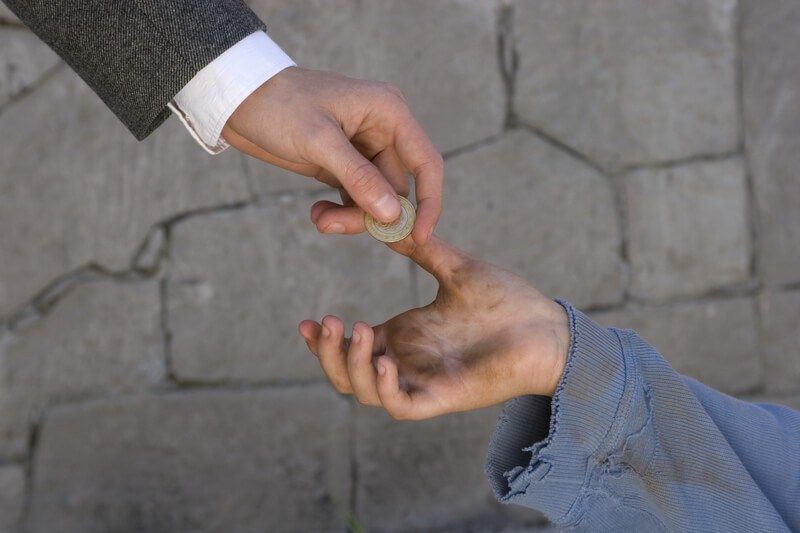Income inequality in Switzerland has remained stable according to a report published by Switzerland’s Federal Statistical Office. © Arturo Osorno _ Dreamstime.com - Click to enlarge A key measure of inequality involves dividing the income share of the top 20% by that of the bottom 20%, a measure known as S80/S20. 1 is complete equality. In 2015, the latest figure, the S80/S20 for Switzerland was 38.2, which means the top 20% had 38.2 times the income of the bottom 20%. This however was before tax and other redistribution. After the redistributive effects of tax and welfare, the ratio dropped from 38.2 to 4.8. As a result, the income share of the bottom 20% rose from 1.2% to 7.8%, and the share of those in the top
Topics:
Investec considers the following as important: Business & Economy, Business & Economy, Editor's Choice, Featured, Income inequality in Switzerland, Inequality in Switzerland, newsletter, Personal finance, Swiss Markets and News
This could be interesting, too:
Investec writes Federal parliament approves abolition of imputed rent
Nachrichten Ticker - www.finanzen.ch writes Krypto-Ausblick 2025: Stehen Bitcoin, Ethereum & Co. vor einem Boom oder Einbruch?
Connor O'Keeffe writes The Establishment’s “Principles” Are Fake
Per Bylund writes Bitcoiners’ Guide to Austrian Economics
Income inequality in Switzerland has remained stable according to a report published by Switzerland’s Federal Statistical Office.
A key measure of inequality involves dividing the income share of the top 20% by that of the bottom 20%, a measure known as S80/S20. 1 is complete equality.
In 2015, the latest figure, the S80/S20 for Switzerland was 38.2, which means the top 20% had 38.2 times the income of the bottom 20%. This however was before tax and other redistribution.
After the redistributive effects of tax and welfare, the ratio dropped from 38.2 to 4.8. As a result, the income share of the bottom 20% rose from 1.2% to 7.8%, and the share of those in the top 20% slid from 44.5% to 37.2%. The share of the 60% in the middle remained roughly the same: 54.3% before redistribution and 55.0% after redistribution.
While raw income inequality before redistribution, measured using the S80/S20, climbed significantly from 19.0 to 38.3 between 2000 and 2015, after tax and welfare payments, it rose only modestly from 4.3 to 4.8.
Tags: Business & Economy,Editor's Choice,Featured,Income inequality in Switzerland,Inequality in Switzerland,newsletter,Personal finance

